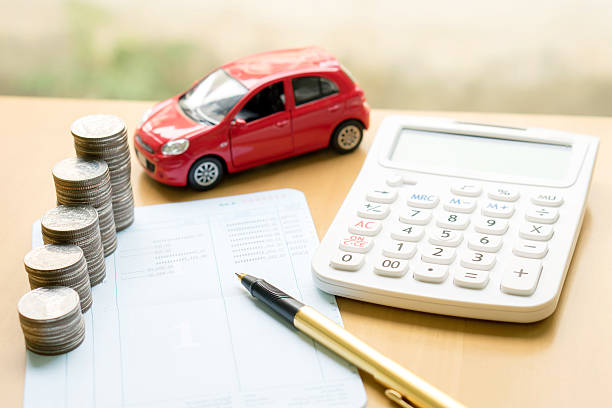When buying a car – like the Mazda CX-8, you might find that your options are to pay cash or get the car on finance. If you don’t have a large upfront budget, getting your car on finance can be the ideal choice. A loan or lease agreement could help you acquire your dream car with affordable monthly payments and fixed costs. There are several options to consider when choosing between leasing or buying, financing through a third party, or directly from the manufacturer.
All these things need careful thought before finalizing one option over another. However, if getting the car on finance is your preferred choice, we have five tips and advice that should assist you in this process.
Research Before You Finance
At the outset, make sure you know your budget, and stick to it. Before closing a deal, you must understand every aspect of the finance agreement. This is because various factors impact the cost of a car loan, including your credit score, the type of car you want, your down payment, the term of the loan, and your interest rate.
Make sure you ask your lender for a written copy of the financing agreement to understand what you are being charged for and for what reasons. The more you know, the better equipped you are to navigate the finance process.
Shop Around for the Best Deal
Once you have a shortlist of finance companies, you should get a feel of the competitive nature of the industry by shopping around. You can do this online or by visiting various finance companies in person. In addition to the cost of financing, you also need to consider the total cost of the car. This is because the car dealer’s finance rate is typically higher than a bank’s rate.
The dealer’s rate may be between 1.5% and 3.5% higher than the bank’s. If financing through the dealer, do your due diligence and shop for the best rates.
Check the Fine Print
After settling on the type of finance and accepting the lender’s offer, make sure you read the fine print. This will let you know the exact terms and conditions of the car loan. The lender should give you a copy of the financing contract that includes all the terms of the loan, including the APR (annual percentage rate), the length of the loan, the repayment schedule, and the total amount you will be paying back.
Make sure to take your time to understand the agreement and ask questions if you don’t fully comprehend any of the information.
Don’t Forget About Residual Value.
Before signing, you should check the car’s residual value. This is the amount that the dealer expects the car to be worth at the end of the lease. You will have to pay this amount if you lease a car. If you finance the car, you’ll have to make monthly payments until the car is paid off. You can also lease a car, which is basically like renting it. You make monthly payments, and at the end of the lease, you’re responsible for returning the car to the dealer.
Finding the Right Car for You
When looking for a car to suit your budget and requirements, remember that you should buy a car that you will use for many years. You should find a car that suits your needs and that you enjoy driving. You can buy a new or a used car depending on your budget. If you’re a first-time buyer, you might find it more affordable to buy a used car than a new one.
Remember that the car you buy should be clean, reliable, and safe for you and your family. Your car is the second-most important purchase you will make in your lifetime, so you must make the right decision.
Final Words
Buying a car is a significant purchase, so it makes sense to get the one you can afford while still meeting your requirements. You can do this by considering your budget and researching the various finance options. Once you’ve found the right finance option, you can stay within your budget and get the car of your choice.
